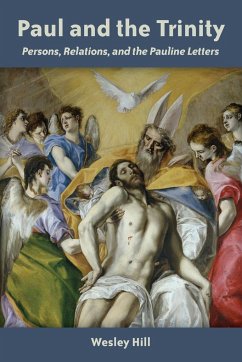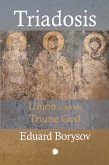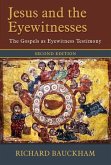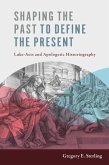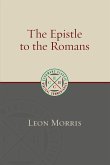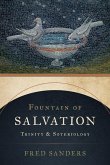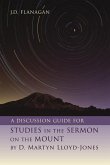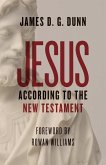Paul's ways of speaking about God, Jesus, and the Spirit are intricately intertwined: talking about any one of the three, for Paul, implies reference to all of them together. However, much current Pauline scholarship discusses Paul's God-, Christ-, and Spirit-language without reference to trinitarian theology. In contrast to that trend, Wesley Hill argues in this book that later, post-Pauline trinitarian theologies represent a better approach, opening a fresh angle on Paul's earlier talk about God the Father, Jesus Christ, and the Spirit. Hill looks critically at certain well-known discussions in the field of New Testament studies -- those by N. T. Wright, Richard Bauckham, Larry Hurtado, and others -- in light of patristic and contemporary trinitarian theologies, resulting in an innovative approach to an old set of questions. Adeptly integrating biblical exegesis and historical-systematic theology, Hill's Paul and the Trinity shows how trinitarian theologies illumine interpretive difficulties in a way that more recent theological concepts have failed to do. Watch a 2015 interview with the author of this book here:
Hinweis: Dieser Artikel kann nur an eine deutsche Lieferadresse ausgeliefert werden.
Hinweis: Dieser Artikel kann nur an eine deutsche Lieferadresse ausgeliefert werden.

